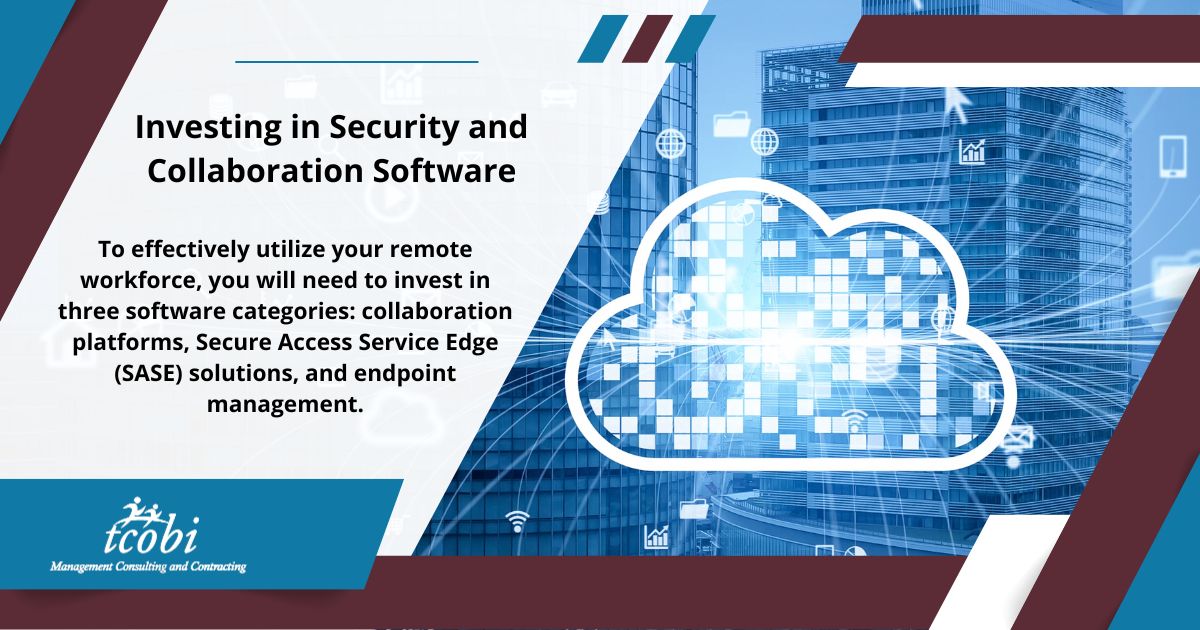Those in leadership and executive positions are always there when those…

CFO Priorities 2021: Expanded Reporting and Real-Time Data
In my previous blog, I started to explore some of the key priorities and challenges facing CFOs in 2021 and beyond. These included managing the inevitable and potentially disruptive digital transformation, rebuilding or restructuring organizational culture as hybrid or work-from-home (WFH) models gain traction, and the emphasis on building organizational diversity.
In this blog, I will drill down a bit more on two of the most identified opportunities for CFOs to deliver value and impact in the coming months: the impact of expanded ESG reporting and the integration of real-time data into strategic and operational decision making.
ESG Metrics
Public scrutiny around environmental, social, and governance (ESG) metrics is clearly increasing as the pandemic loosens its hold. BlackRock CEO Larry Fink’s 2021 letter to CEOs is a case in point. As Fink points out, the pandemic:
sparked the most severe global economic contraction since the Great Depression and the sharpest falloff in equity markets since 1987. While some industries, particularly those that depend on people congregating in person, have suffered, others have flourished. And although the stock market recovery bodes well for growth as the pandemic subsides, the current situation remains one of economic devastation, with unemployment severely elevated, small businesses shuttering daily, and families around the world struggling to pay rent and buy food.
The pandemic has also accelerated deeper trends, from the growing retirement crisis to systemic inequalities. Several months into the year, the pandemic collided with a wave of historic protests for racial justice in the United States and around the world. And more recently, it has exacerbated the political turmoil in the U.S. This month in the U.S., we saw political alienation – fueled by lies and political opportunism – erupt into violence. The events at the U.S. Capitol are a stark reminder of how vulnerable and how precious a democratic system can be.
Fink details all of this before issuing a clear and direct challenge to CEOs (and by extension to CFOs) to put focused, transparent, and measurable goals in place to reinforce an organizational commitment to a Net Zero transition by 2050.
As ESG disclosure becomes a standard business metric, “CFOs, particularly those of large, listed companies, will have to field an increasing number of questions from their stakeholders relating to their respective organization’s ESG performance,” says Shailendra Gupta, CFO of Acuity Knowledge Partners. According to a KPMG study from December 2020, the proportion of companies reporting on their operational sustainability rose to 80 percent in 2020 from 75 percent in 2019, with Mexico (100), the U.S. (98), and Canada (92) among the top ten countries. As the study concludes: “Sustainability reporting is now so nearly universally adopted, that the small minority of companies not yet reporting will find themselves seriously out of step with global norms. This misalignment with accepted global practice in itself poses risks to non-reporting companies, but the leaders of these companies should also be aware that sustainability reporting cannot easily be solved overnight with a quick fix.”
In terms of measuring and reporting targets, three are the most frequently prioritized:
- Economic growth
- Climate change
- Responsible consumption.
The least prioritized is protecting biodiversity, with only about 25 percent of companies at high- or medium-risk from biodiversity loss currently reporting. Depending on their business sector, companies will increasingly need to provide metrics on a range of topics, including climate change, human rights, and data privacy.
While the Global Reporting Initiative (GRI) remains the reporting standard of choice, a CFO does have options to consider, including the Sustainability Accounting Standards Board (SASB) and the Task Force on Climate-Related Financial Disclosures (TCFD). Although the trend is toward establishing a commonly accepted standard, a CFO can guide a company in building robust systems for collecting detailed ESG data.
Real-Time Data
A 2020 Accenture survey concluded that “as chief financial officers (CFO) continue to grapple with ongoing business disruptions from COVID-19,” they “need more real-time data to pivot from measuring to creating value.” A key finding: “While nearly all (99 percent) respondents believe operating with real-time data is critical to navigating disruptions, such as COVID-19 or the threat of a recession, just 16% of respondents are being informed by such data at the scale that’s needed.”
When asked about the areas of concern to their business, “when asked about the greatest areas of concern to their business for 2021, CFOs most often cited the potential impact of rising interest rates (cited by 49%), disruption from the pandemic (47%), economic recession (47%), and hiring and retaining the right talent (42%). Given the complexity of these challenges, the majority (68%) believe that a real-time financial model … will be critical to enabling better business decisions, more accurate forecasting models, and improved data accuracy.”
The most significant barriers to using real-time data for decision making according to CFO Dive:
- Concern with having the right talent in place across the organization (58 percent)
- Getting the appropriate technology in place (45 percent)
- Honing strategic know-how (39 percent).
That said, the same article reports that almost 45 percent of CFOs say they plan to have most of their finance and operations moving in real-time within three years, with a full 25 percent stating that the ability to provide their leadership team with real-time insights and analysis is the highest priority they bring forward in 2021.
Conclusion
Understanding the implications of expanded metrics and real-time data is not easy. Engaging an experienced fractional CFO can ensure that a company builds a robust system that reacts to the uncertainty of today’s business environment at “the speed of business.” A fractional CFO can also do so while minimizing risk and optimizing growth opportunities. Most importantly, they can ensure that integrating such potentially disruptive changes is completed thoughtfully, transparently, and in full alignment with business goals. Companies that fail to acknowledge or turn a blind eye to the potentially negative impacts of real-time data and enhanced reporting do so at their own risk. A fractional CFO can help ensure that all such changes are made carefully, and with the full scope of business operations, sales, and brand recognition is taken into consideration.



